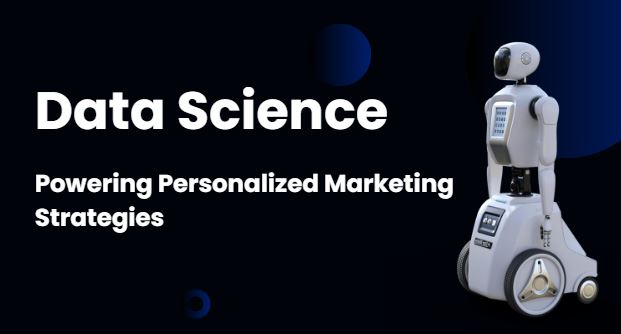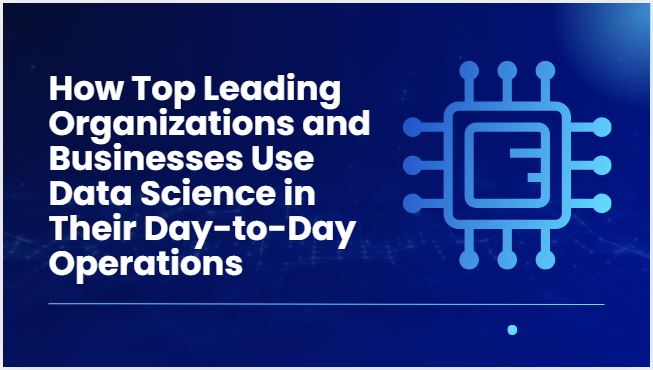
Data has become an essential resource that helps businesses decide their future course of action. The critical task of a business analyst is to utilise this data for the organisation’s benefit.
Business Analytics involves collecting, organising, and analysing data from various sources. The analysts use different tools and techniques of data interpretation to translate the data in terms of business goals and outputs. It helps the stakeholders make better decisions, identify new opportunities, and optimise operations.
With businesses undergoing a digital transformation, data collection has become more complex. Hence, businesses need help in collecting and comprehending data.
Here’s a list of the core challenges a data analyst faces –
- The digital era generates a large volume of data. Analysing vast amounts of data daily is the biggest challenge.
Investing in advanced technologies such as data integration tools and data management systems is essential to tackle this issue. With the help of machine learning and AI tools, analysing data becomes more accessible. With these modern business analytics tools, the professional can derive precise inputs from the terabytes of data.
- With the growing concerns surrounding data privacy and security, businesses face the challenge of maintaining confidentiality and protecting sensitive information.
Strong data encryption, access controls, and regular security audits are essential to safeguarding data assets and building trust.
- Analysts analyse data generated from the processes to assess internal operations. However, employees of the organisation must be willing and honest about sharing the data for accurate analysis. This is a challenge if the company’s culture does not support open communication.
Companies must communicate with employees regarding business goals and the purpose of sharing information in data-driven decision-making.
- As the data becomes more complex and increases manifold, the traditional infrastructure may not be efficient enough to compute the data. Companies must regularly upgrade their infrastructure to handle the data load and complex algorithms.
Cloud computing and big data technologies offer scalable solutions. These technologies allow organisations to store and process vast amounts of data efficiently. Scalable and modern infrastructure can unlock the potential for advanced analytics and predictive modelling.
- With advanced analytics, new-age tools and evolving techniques, data analysts often face the challenge of obsolete knowledge and skills.
The study states that there will be a 29% increase in demand for data analysts by 2025. However, there is a need for more skilled professionals in the field. Organisations need to invest in training programs to upskill their existing workforce.
Companies should collaborate with top learning institutes to bridge this gap and update their employees. This will encourage employees to upskill, and the companies can significantly increase their productivity and understanding.
MIT School of Distance Education (MITSDE) is one of the leading distance learning institutes. It focuses on holistic development as it understands the current skill gaps in the market and strives hard to overcome them.
MITSDE offers a 12-month Post Graduate Certificate in Business Analytics (BA). The online Business Analytics course will practically train you with real-world case studies, ensuring you are market ready.
The course imparts essential skills like –
- Core concepts of data analytics, techniques to identify trends and patterns
- Quantifying business values by using statistical tools & techniques
- Data mining, data analysis, statistical modelling, and data visualisation techniques
- Understanding of predictive analytics & predictive modelling techniques
- Application of analytics in various domains in real-time
Concluding, embracing advanced technologies, fostering a data-driven culture, and investing in the right people and processes are crucial. It will enable businesses to leverage analytics effectively and gain a competitive edge in today’s dynamic market landscape. For individuals completing this course will open countless career paths in data science.



